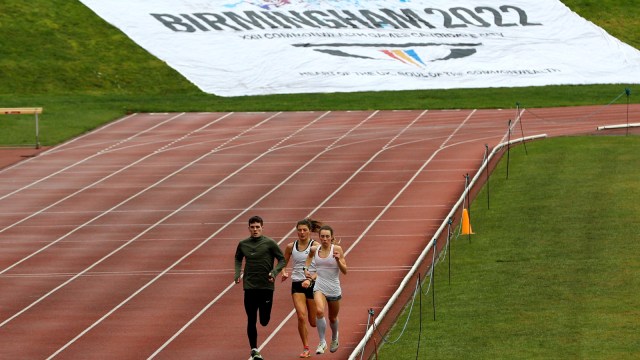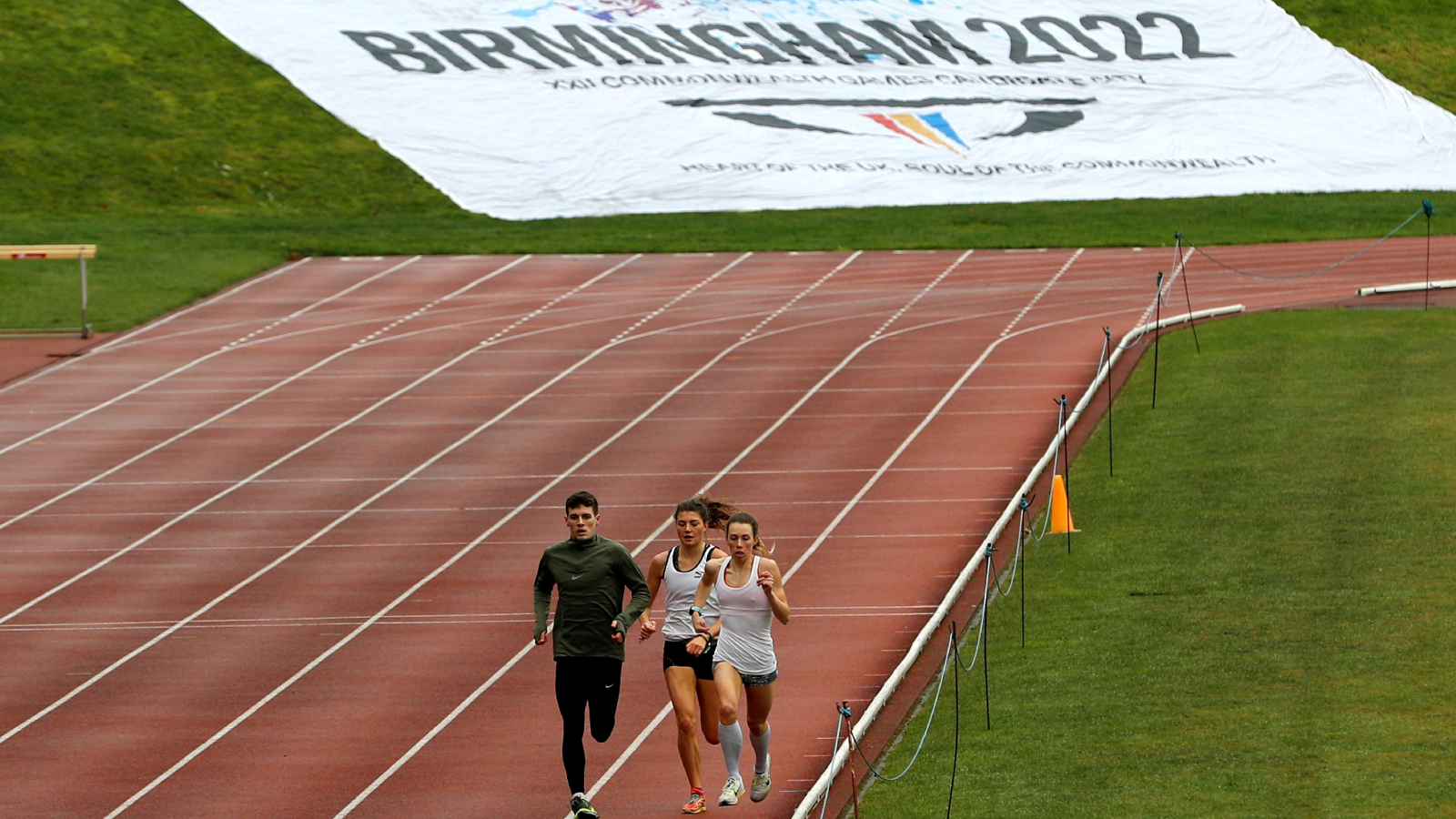
Post-colonial realities of the day, economic pragmatism and irrelevance of the former Empire, effectively mean the freshly proposed 10-sport Commonwealth Games will barely draw a nostalgic sigh.
Glasgow has stepped in to salvage the 2026 edition, after Australia refused the burden. And the bemused member nations, are frankly staring at a future where these Games, if they survive the relevance debate, look headed in the direction of becoming budgeted affairs, cutting down not only on extravagance but also on some staples like hockey, badminton, squash and TT.
The big blow to the quadrennial came not when Durban pulled out of hosting the 2022 edition, though it was a sign of things to come. What struck the Commonwealth Games smack in the face was Victoria, Australia throwing their hands up in the air just two years before the 2026 edition, pleading their inability to host. What further drove in the reality was that neither India, Canada nor Malaysia, with some semblance of economic fortitude among the Commonwealth nations, volunteered to take on the responsibility.
South Africa and New Zealand weren’t even deliberated, and for the second time, UK has opted to pick the tab, to keep the fraying fabric of the Games from coming undone. Future enthusiasm from the mildly well-off countries is not in evidence, though 2030 will be an accurate marker.
As things stand, Glasgow will host a severely pared down version, with 4 venues in an 8 mile radius, athletes put up in hotels, and a hugely restricted number of participants.
Besides the racquet sports being jettisoned, the immediate disciplines getting culled are the team sports like hockey, cricket and rugby, and they will be left wondering if they can ever return to the fold, given tight budgets, and athlete-to-medal ratios considered in this cold calculation. Only netball found favour, though Glasgow has done well to try to integrate the para-sports programme into the able-bodied one, with one eye firmly on inclusion.
For India, the mandate is clear – get started on sports like Athletics, swimming, gymnastics and cycling in earnest, and use the opportunity to scale up these programmes if it has any serious aspirations to hold the Olympics. Inspiration can be found in their BRICS buddy Brazil which raised its Athletics, Gymnastics and Swimming profile from scratch after being allotted the 2016 Olympics. India’s medal standing at 2026 might look miserable, but if it can get started on these sports, it will help the country in the long run.



